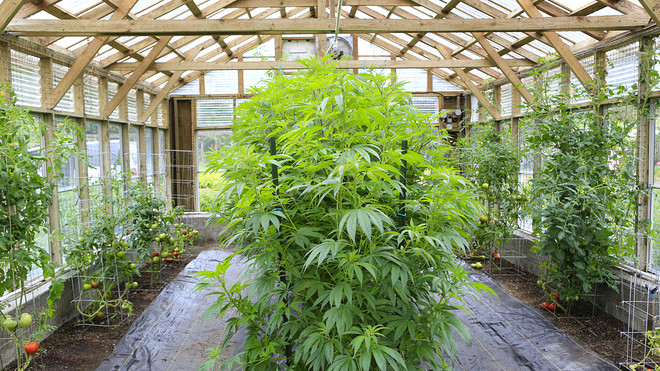
As more states legalize cannabis, commercial cannabis is increasing property values. Crime rates have decreased in these areas as well. Many Americans have worried that the legalization of cannabis nation-wide would lead to the inverse: increased crime rates and depreciating property values.
The following are some of the ways new cannabis laws are affecting commercial property values.
More Dispensaries Lead to Rising Property Values
Studies have found that states where cannabis has been legalized benefit from increased residential property values.
Specifically, a recent study combining data from the 2018 U.S. Census and Zillow found that property values increased considerably with the local legalization of cannabis. Washington and Colorado were the study’s main focal points, as they were among the first states to legalize marijuana and subsequently accumulated the most data. In those states, the study determined that commercial cannabis dispensaries actually increased home values by as much as $22,888 from 2014 to 2019.
An Increase Primarily Seen with Recreational Dispensaries
While recreational dispensaries are largely behind the increased property values, medicinal dispensaries don’t have as much of an impact, data shows. Studies found that there wasn’t as much of a stark difference in home values between prohibitionist states and those that legalized medical marijuana. This is largely due to the fact that only qualifying individuals carrying medical cards can obtain medicinal marijuana, making it a smaller market. You may check out highglowco.com to find out some of the items which you might need for medicinal purposes.
Conversely, recreational marijuana has been shown to lead to significant economic growth in local communities. Dispensaries of recreational marijuana have attracted more homebuyers, job candidates, and entrepreneurs that help fuel the residential market.
Concerns Around Taxes
Although commercial cannabis may help increase property values, many people aren’t happy about this due to the potential spike in taxes. In addition to other factors, legal cannabis has contributed to higher property taxes in some areas, leading to protests and property tax appeal cases. In cities like Denver, many residents have argued that their property value didn’t match appraisals.
Depending on the state, residents can still benefit from tax increases as legalization leads to job creation. However, some residents may need to wait until new policies are created and implemented as states are still becoming accustomed to legalization.
The Impact of Grow Houses vs. Dispensaries
Retail dispensaries are shown to have a greater impact on property values than grow facilities used for cultivating commercial cannabis. Like other industrial facilities, states and municipalities have strict regulations for the locations where grow facilities are constructed, with lower home values in these industrial areas.
In the early days of legalization, there weren’t as many regulations in place for the cultivation of cannabis. This led to controversy as residents sought increased regulation. Over time, the industry has become increasingly regulated to lead to the safe production and distribution of cannabis products across the country.
Currently, there isn’t a lot of data to define the long-term effects of cannabis legalization on the real estate market, as legalization began in 2012 and many states have only more recently implemented legalization. With time, more studies will reveal the effects of commercial cannabis on residential property values.